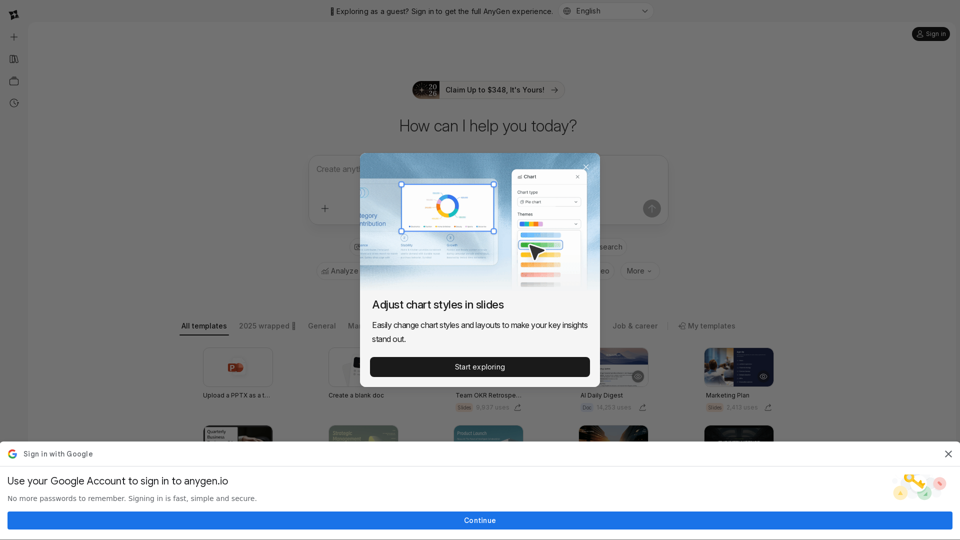What's AI in Project Management?
AI in project management refers to the integration of artificial intelligence technologies into traditional project management processes. This innovative approach leverages AI and machine learning to enhance project planning, execution, and monitoring. AI project management aims to improve project outcomes by automating tasks, providing data-driven insights, and enhancing decision-making throughout the project lifecycle.
Key Components of AI Project Management
- Data Analysis: AI systems analyze large volumes of project data to identify trends, patterns, and potential risks.
- Automation: Automates repetitive and time-consuming tasks, allowing project managers to focus on strategic decision-making.
- Predictive Analytics: Predicts project outcomes, resource needs, and potential delays based on historical data and current conditions.
- Natural Language Processing (NLP): Facilitates communication and reporting by enabling AI to understand and process human language.
Benefits of AI in Project Management
AI in project management offers several advantages that enhance efficiency and effectiveness:
Improved Efficiency
- Automation: Reduces manual tasks, saving time and resources.
- Real-time Monitoring: Provides up-to-date information on task status, allowing for better monitoring and timely intervention.
Enhanced Accuracy
- Data Analysis: Provides accurate data analysis and forecasting, reducing errors.
- Predictive Analytics: Improves the accuracy of forecasts and predictions by analyzing large amounts of data quickly.
Risk Mitigation
- Predictive Analytics: Helps identify and mitigate potential project risks.
- Risk Management: AI tools analyze patterns to identify potential risk factors and suggest mitigation strategies.
Cost Savings
- Resource Allocation: Optimizes resource allocation and risk management, leading to cost savings.
- Task Management: Automates task assignments and provides intelligent recommendations for task prioritization.
How to Use AI in Project Management
Implementing AI in Your Company
- Assessment: Evaluate current project management processes and identify areas where AI can add value.
- Technology Selection: Choose AI project management tools that align with project needs and goals.
- Training: Ensure the team is trained to use AI tools effectively and understand their role enhancement.
- Data Management: Manage and secure project data to facilitate AI analysis and insights.
Getting Started with AI Project Management
- Research AI Tools: Explore AI tools and solutions that fit your organization's needs.
- Consult Experts: Consider reaching out to AI project management experts for guidance during implementation.
Challenges and Risks of AI in Project Management
Despite the benefits, integrating AI into project management comes with challenges:
- Data Quality: Ensuring high-quality data is crucial for AI tools to be effective.
- Bias in Algorithms: Unintended biases in AI algorithms can skew results.
- Skills Gap: Lack of data skills and AI experience among project management professionals can hinder optimization.
- AI-Related Risks: AI can introduce risks into the project management environment, necessitating guardrails and governance.
In conclusion, while AI has the potential to revolutionize project management by automating tasks, improving decision-making, and mitigating risks, careful planning and consideration are essential for successful implementation. By leveraging AI, project managers can streamline processes, enhance efficiency, and achieve better project outcomes.
